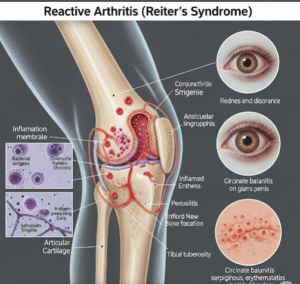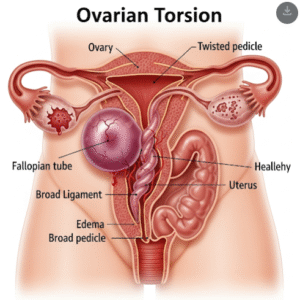Overview
Gender incongruence refers to a marked and persistent difference between an individual’s experienced or expressed gender and the gender assigned at birth. This condition may cause significant distress or impairment in social, occupational, or other important areas of functioning. In South Korea, awareness and medical support for gender incongruence are growing, with specialized clinics and multidisciplinary care improving quality of life for transgender individuals.
What is Gender Incongruence?
Gender incongruence describes a state where a person’s internal sense of gender does not align with the sex they were assigned at birth. It is not a mental illness but rather a recognized condition that may require psychological support, hormone therapy, or gender-affirming surgery to alleviate distress and align physical traits with gender identity.
Symptoms
- Persistent discomfort or distress with one’s assigned sex
- Desire to live and be accepted as a gender different from assigned at birth
- Strong identification with the opposite gender
- May include anxiety, depression, or social withdrawal due to gender dysphoria
Causes
The exact causes are not fully understood but may involve a complex interplay of:
- Genetic factors
- Hormonal influences during prenatal development
- Brain structure and function differences
- Environmental and psychosocial factors
Risk Factors
- Family history of gender incongruence or gender dysphoria
- Early childhood gender nonconformity
- Social and cultural pressures or lack of support
Complications
- Psychological distress including depression and anxiety
- Increased risk of substance abuse or suicidal ideation
- Social isolation and discrimination
- Challenges in accessing appropriate healthcare
Prevention
Gender incongruence is not preventable, but early recognition and supportive environments can reduce distress and improve outcomes. Promoting acceptance, education, and anti-discrimination measures are essential.
Treatment Options in Korea
South Korea offers evolving, comprehensive care for gender incongruence with multidisciplinary approaches:
- Psychological Support
- Counseling and therapy provided by trained mental health professionals specialized in gender identity issues
- Support groups and community resources
- Hormone Therapy
- Gender-affirming hormone treatments under endocrinologist supervision
- Regular monitoring to manage side effects and optimize outcomes
- Gender-Affirming Surgery
- Available in specialized centers in major cities like Seoul
- Includes procedures such as chest reconstruction, genital surgery, and facial feminization or masculinization surgeries
- Legal and Social Support
- Assistance with legal gender marker changes, though the process may be complex
- Advocacy organizations helping with social acceptance and rights
- Medical Centers and Clinics
- Major hospitals such as Seoul National University Hospital and Asan Medical Center provide specialized transgender health services
- Increasing awareness and training among healthcare providers to improve sensitivity and care quality













